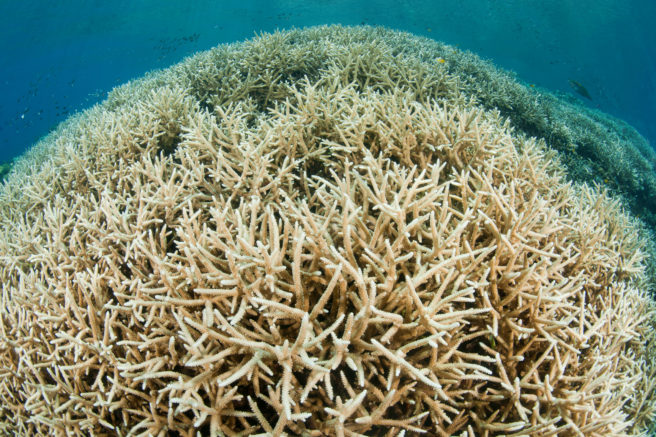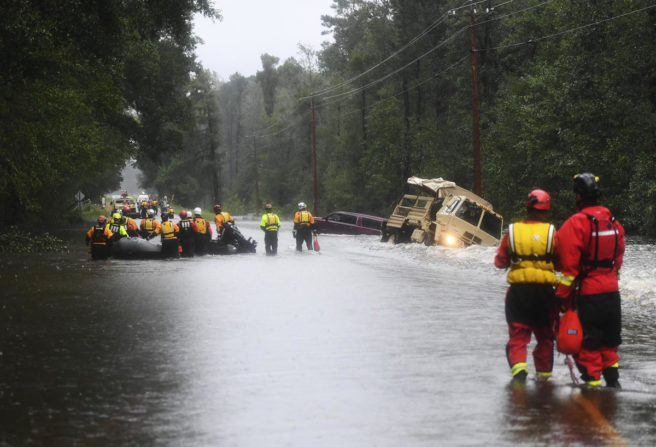* This is WWF Norways climate page, translated for international visitors from the Save the Season campaign. This page lays out WWF Norways work and positions. To read more about WWFs global work for climate and nature go to our international page.

Climate change
Climate change is transforming our planet faster than anyone predicted. We humans are the cause, but at the same time the only ones who can solve the crisis. We need to act now!
Climate change is happening everywhere
No place on earth is unaffected by climate change. From the poles to the tropics, from the montains to the sea. People and ecosystems are already noticing the effects: access to water is diminishing and the frequency and severity of extreme weather is increasing. Forests burn, glaciers melt and corals fade and die.
We can still avoid the most catastrophic scenarios if we manage to cut the global emissions dramatically and fast. Fossil fueled based energy production, such as coal, oil and gas, is the biggest contributor of CO2 emissions to the atmosphere.
To limit climate change we must phase out fossil fuels, take leaps towards a sustainable society based on new technology and renewable energy, and at the same time preserve nature and the ecosystems we depend on.
To lessen the adverse effects of change that has already happened we must help and enable people, animals and the rest of nature to adjust to current and future changes in climate.
UN Panel on Climate Change: The scientists forecast
In Oktober 2018 the Intergovernmental Panel on Climate Change, often referred to as the IPCC, delivered their report on the consequences of a 1.5 degree Celsius rise in global temperature. The report was a catastrophic longterm forecast for earth - a devastating image of what will happen if we fail to limit emissions.
We humans emit around 41 billion tonnes of CO2 every year. To limit climate change to 1.5°C the emissions must be reduced by half before 2030, and eliminated completely by 2050.
The earth is already 1°C warmer compared to preindustrial times. At the current pace, we will reach:
- 1.5°C by 2040
- 2°C by 2065
- and a mortifying 4°C by the end of the century.
What does this mean? Read on.

Consequences of rising temperature:
- Freshwater:
At 1.5 degrees Celsius the amount of available freshwater will be reduced by 9 percent around the Mediterranean, 10 percent in Australia and 7 percent in the northeast of Brazil, to name a few examples. A third of all glaciers will have melted.
At 3 degrees Celsius the world will see a serious lack of groundwater. Australian levels will drop by 50 percent compared to 1990.
- Coral reefs:
At 1.5 degrees Celsius we risk losing more than half of all coral reefs. 2°C means near complete devastation of all tropical corals and thousands of coral dependent species will go extinct. At somewhere between 2 and 4 degrees Celsius we’ll reach irreversible tipping points.
- Biodiversity
At 2 degrees Celsius 25 percent of all species in the the worlds most biodiverse areas will be extinct locally.
- Food:
For every degree of heating crops will be reduced. Grain by 6 percent, rice by 3.2 percent, corn by 7.4 percent and soy by 3.1.
- Sea level:
A 4 degree Celsius rise in temperature melting icecaps and glaciers would raise sea levels by an estimated nine meters. This would put the habitat of between 470 and 760 million people at risk.
- Heatwaves:
4 degrees Celsius of global heating would mean as much as 20 days of deadly heat annually for one third of the earths population.

WWFs fight to limit climate change
A fast transition from fossil fuel to renewable sources of energy is crucial. At the same time this has to happen in a way that doesn’t further damage nature. WWF works to ensure that effects on nature are taken into serious account at every step towards a sustainable future. Equally important is making sure that renewable energy sources actually replace fossil fuel, rather than just adding to our energy consumption. WWF works towards these goals all over the world.
In Norway an important long-term goal for us was passing a law on climate. That goal was reached in 2017. Much of our current work is to make sure Norwegian policy on energy, climate, aid and industry contributes to making Norway rely exclusively on renewable energy by 2050. We’re working to stop development of further oil and gas extraction, by, among other things, lobbying to end oil subsidies.
Globally we work strategically with other WWF offices and their partners to ensure better access to energy in developing countries based on renewable sources.
Our current goals
- Reaching the goals of the Paris agreement and limiting climate change to 1.5 degrees Celsius.
- Raising the ambitions of Norwegian and European climate policies.
- A global fossil free energy sector by 2050 that’s not at the expense of nature.
- Ending oil and gas subsidies, and eventually phasing out production of oil and gas in Norway.
- Making sure the polluter bears the cost of polluting in a way that does not increase economic divide.
- Shifting investment towards business and sectors not at odds with the 1.5°C goal.
- To increase awareness and knowledge about the physical, transitional and liability risks that follow changes in nature and climate.
- To conserve nature and cut emissions through an interconnected European energy system.
- To push for transition to a low emission society.
- To push for further green alternatives such as offshore wind turbines
- Increased development of renewable energy in developing countries.
- Nature and agriculture-based solutions for carbon capture and storage.
What you can do
Last year Norwegian and global youth loudly demanded climate action from adults. They demanded a safe future. When people raise their voice in numbers, politicians listen. We can all help usher in the necessary changes through the decisions we make at work, at home, in our interactions with others and through our interests. We encourage you to engage, get involved and choose the options that benefit the climate.
Climate change needs local, national and global action. Vote for politicians who put nature and climate at the top of the agenda. Ask your local politicians about your city or municipality's plans for lowering emissions. The knowledge about the best solutions for your community is often found within that same community.
WWF endeavours to be the voice of the voiceless. Animals, nature and future generations. By supporting WWFs work for the climate, you can amplify that voice.